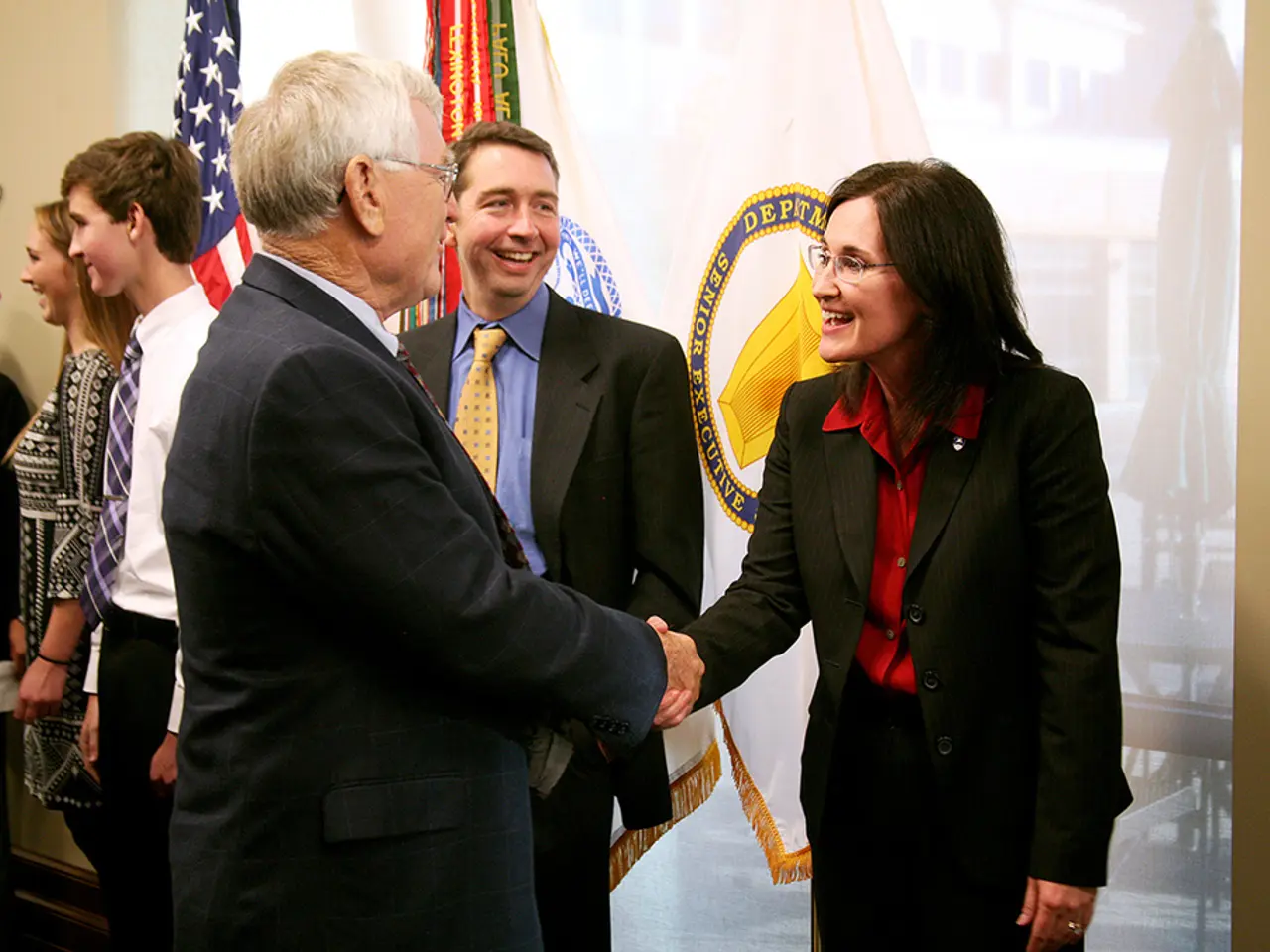Iran, U.S. Engage in Indirect Talks Amid Middle East Tensions
Tensions in the Middle East have seen a flurry of diplomatic activity. Iran and the U.S., through intermediaries, have been in indirect contact, exchanging messages. Meanwhile, Iranian Foreign Minister Abbas Araghchi held talks with Egyptian counterpart Badr Abdelatty, discussing regional developments and Iran's nuclear program.
The indirect talks between Iran and the U.S. come after Iran suspended relations with the International Atomic Energy Agency (IAEA) and negotiations with the U.S. following airstrikes on its civilian nuclear sites in June. Araghchi, during his call with Abdelatty, also expressed concern over renewed Israeli attacks on Palestinians, resulting in deaths and injuries.
Egypt has been actively involved in the diplomatic efforts. Abdelatty held calls with U.S. Special Envoy Steve Witkoff and IAEA Director General Rafael Grossi to discuss regional security and Iran's nuclear program. Iran, Russia, and China have jointly stated that the attempt to reinstall nuclear sanctions is legally and procedurally flawed.
In a separate development, Hamas sent a delegation to Cairo for talks with Egyptian mediators regarding the ceasefire breach. Both parties, Iran and the U.S., agreed to maintain contact and consider proposals for Iran's nuclear program talks. However, Iran's Foreign Ministry spokesman has stated that necessary conditions for formal negotiations are not yet in place.
The recent diplomatic activities suggest a renewed effort to stabilize the region and address Iran's nuclear program. Despite the challenges, both parties have agreed to maintain contact, keeping the door open for further negotiations.
Read also:
- American teenagers taking up farming roles previously filled by immigrants, a concept revisited from 1965's labor market shift.
- Weekly affairs in the German Federal Parliament (Bundestag)
- Landslide claims seven lives, injures six individuals while they work to restore a water channel in the northern region of Pakistan
- Escalating conflict in Sudan has prompted the United Nations to announce a critical gender crisis, highlighting the disproportionate impact of the ongoing violence on women and girls.






